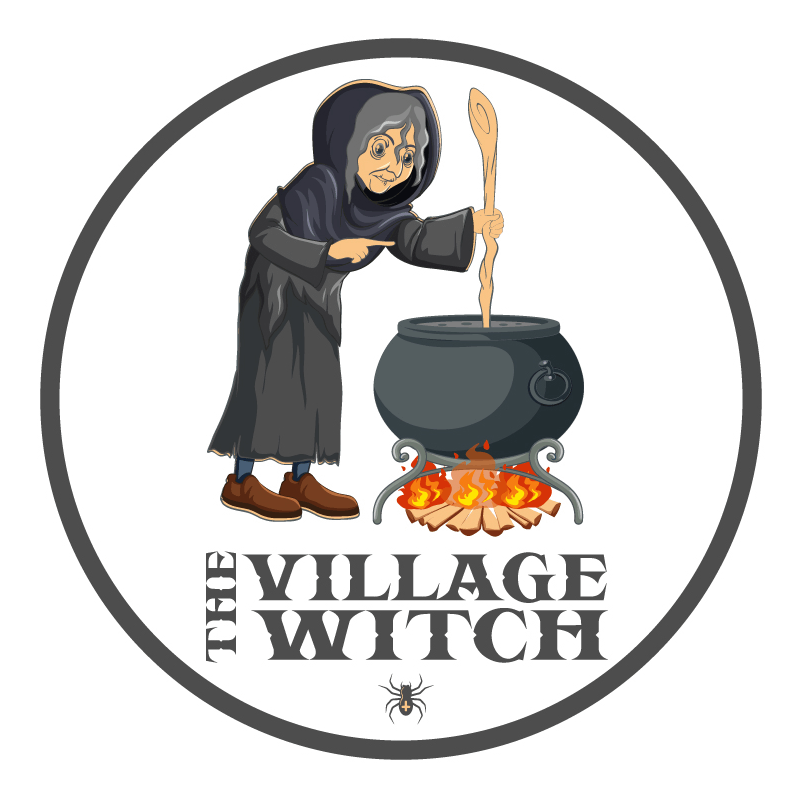There will always be another metaphor, another parable, another facile couplet, about the meaning of suffering.
We are a species that loves finding patterns so much that there is a name for the phenomenon of finding faces in abstract patterns. (It’s a form of pareidolia.) We read tea leaves and entrails because we are so certain, down to our bones (which we will also use to read our fate), that we can find the pattern that will tell us what life means, that will tell us that we can be certain. We want to find the pattern in our suffering that will make it acceptable to feel; we want to find the pattern that will allow us to avoid future pain. If we can give our suffering the proper meaning, perhaps it will become more bearable.
Whether there is any fundamental, unalterable meaning to this existence is a question I cannot answer for you. I believe that the only meaning to all this glorious absurdity is the meaning that we choose for ourselves.
Sometimes, we fall into the trap of seeking a particular kind of purpose for our suffering. We want it to be proof of God’s love, or a necessary precursor to growth. You weren’t buried; you were planted. Something about one set of footprints. What doesn’t kill me makes me stronger. The trauma we experienced is what made us kind. We must flagellate ourselves and wear haircloth to participate in Christ’s suffering. (Fun fact, asceticism did not enter Christian practice until the Romans converted; prior to that life was hard enough. Early Christians comforted themselves as they practiced an outlaw religion by comparing getting fed to lions to Jesus’ suffering on the cross. They gave their suffering meaning, just as we long to do.)
(It’s easy to find these stories in a society that is built on human suffering.)
This can feel like a very dangerous thought to have… but what if suffering is meaningless? What if it is neither necessary or purposeful? What would it feel like to allow ourselves to experience anger, despair, and pain as neither more nor less than the ebb and flow of a life well lived?
A good life includes both joy and sorrow. Just as day and night circle one another, so do struggle and rest, growth and decay, grief and gladness. We are permitted to accept the sorrow without telling ourselves that the celebration depends on it. We are not required to force ourselves to find a meaning that requires us to be grateful for our lowest days. There is more than enough meaning in the changing seasons and the turning tides.
When we allow our grief simply to exist, rather than browbeating ourselves into making it part of some cosmic lesson plan, we honor our humanity.
It is permitted to stop striving. It is permitted to float.
